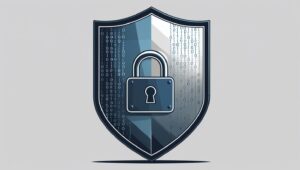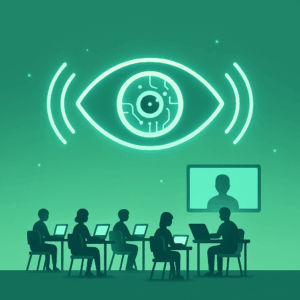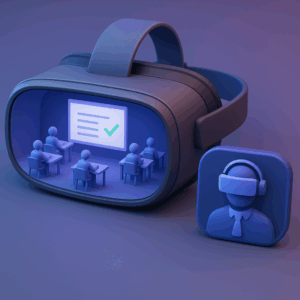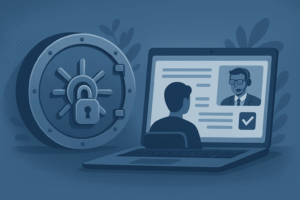Protecting academic integrity during COVID times
Observing the current rise in Covid infections, everyone relocates their academics, talent tests, and certificates online due to the increasing health issue. Because we don’t know how long our online studies, training, and tests will continue, business organizations, schools, colleges, and universities are using online proctoring software to make online assessments more manageable.
Online exam monitoring

Proctoring is simply the procedure of invigilating an examination for those who are unfamiliar with the term. Proctoring, a tool used to confirm the identification of the test taker and the integrity of the test taking environment, has gained popularity as institutions allow students to take final-year exams online from home. Not only has digital education made studying more fascinating and interactive, but it has also enabled students to take tests from anywhere. Academic institutions, ranging from colleges to high schools to universities, take the exam online to guarantee that learning does not come to a halt.
WHAT IS PROCTORING AND WHY IT IS NECESSARY?
Proctoring is a method to maintain track on candidates during college exams. Cheating becomes more likely while taking online examinations at home. A multiple choice questionnaire structure allows a candidate to swiftly search the Internet for the correct answers. Proctoring becomes necessary to ensure the accuracy of an individual’s grades as a measure of a student’s performance. Proctoring is a set of algorithms and technologies based on artificial intelligence (AI) that maintain track of applicants during online tests that aren’t taken in a testing center.
Online exam integrity for online certification courses

The quality of the degree programs that drive an institution’s online education approach is only as good as the degree programs that drive it. With this in mind, proctoring can assist educational institutions safeguard the integrity of their online programs while also providing students with a degree they can be proud of because they earned it. Remote proctoring allows a school to verify the identity of online students, allowing it to ensure that only enrolled students—not imposters—sit for tests. Students benefit from proctoring because it discourages cheating.
THE FOLLOWING FEATURES HELP TO ENSURE THE INTEGRITY OF ONLINE EXAMS EMPLOYING PROCTORING SERVICES:
1. CANDIDATE AUTHENTICATION:

The use of an online proctoring technology guarantees authentication in an online exam environment. It is the initial stage in a candidate’s registration process, during which the candidate’s identity is verified using an OTP, Aadhaar number, or IP address. This process ensures that the test taker is the genuine article and not an imitation.
2. BROWSING DATA:
The administrator can set the number of attempts to leave the test screen in advance. The exam will immediately finish if the candidate leaves the test screen too many times.
3. ADAVNCED CONTROL FEATURES:
The flags appear if the applicant is suspected of cheating or engaging in deceptive behavior. If a candidate’s red lights continue to be triggered, the proctor can quickly halt or end the test. During the test, the device’s copy-paste functionality is also disabled.
4. DETAILED REPORT:
The remote proctoring program creates a complete report for both the test taker and the test administrator at the end of the test. The report examines the candidate’s performance during the examination in great detail. It lists and records the number of flags and unexpected events that occur throughout the test. It also displays the test results, including the grade and percentage.
5. TECHNICAL SUPPORT:
Even within a single institution or college, creating a safe and effective testing environment can be tough. When each student has take the test from a different place, the process becomes exponentially more difficult. Simply setting a camera or microphone on a remote desktop — multiplied by the number of students at your university — may cost your company a lot of time and money in technical assistance. As a result, ensure sure technical assistance for remote rest takers is at the top of the list of features.
6. END TO END SECURITY:
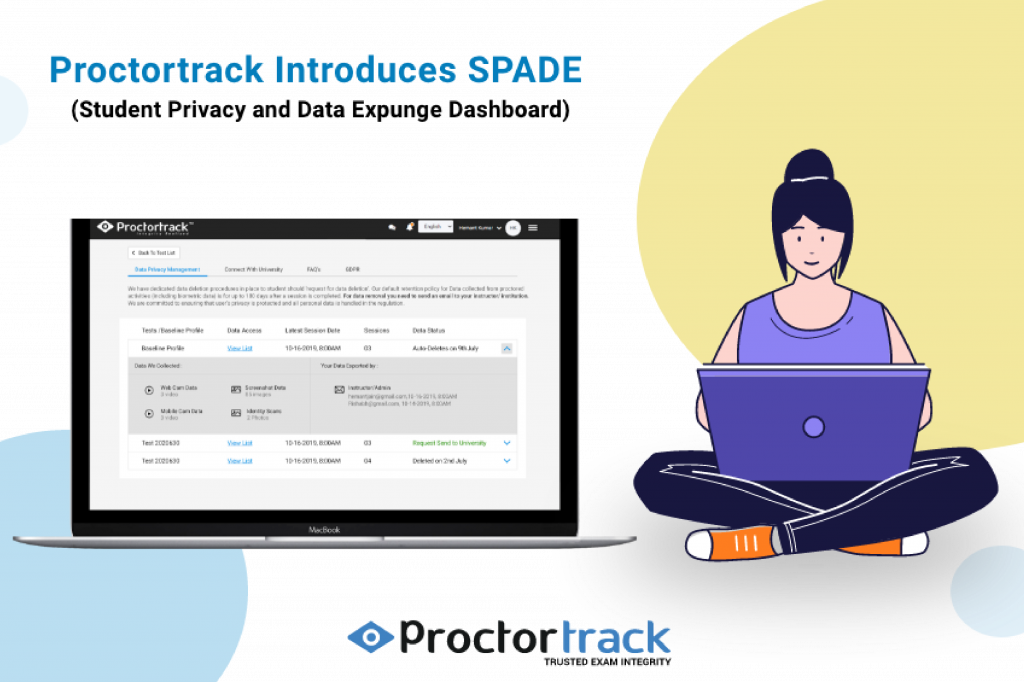
A remote proctoring platform’s end-to-end security features, in addition to ID verification and computer limitations, serve to ensure the exam’s integrity. Internet connectivity, mobile device use, screen capture, and sharing capabilities are examples of such functions. Furthermore, the platform must provide a secure entrance point into the test with no gaps for alternative entry methods. Finally, following the final try, students should not be able to access the test.
ONLINE PROCTORING SOFTWARE:
Candidates can take the test remotely with the use of online proctoring services, regardless of their location. Online monitoring software is utilized to proctor these exams in order to guarantee that they are free of fraud. There are three basic types of online exam proctoring services, which are described below:
1. SUBSEQUENT PROCTORING:
The images are continually captured and the video is recorded throughout following proctoring. The proctor will next check over the images and videos to see if there are any incidents of fraud going on during the exam.
2. LIVE PROCTORING:

In live proctoring, the proctor evaluates the test in real time, as the name implies. After raising the red flags, the proctor can intervene and even cancel the exam if any fraud is discovered.
3. ADVANCED AUTOMATED PROCTORING:
Unlike the other two forms of proctoring, sophisticated automated proctoring relies on the AI component of the system to handle the majority of the work. It also includes audio-visual recordings and screen sharing, but it also uses analytics to capture any strange or false conduct.
NEED OF ONLINE PROCTORING:
Looking ahead, as more colleges turn to online education and the size of those online offerings grows, the need for proctoring will grow even more. In the end, both proctoring strategies have advantages and disadvantages. The greatest approach is one that safeguards integrity. Also, it meets the demands of both the institution and the online student. That is, one that is scalable, cost-effective, and easy, especially considering the demanding lifestyles of today’s online students.
1. CHEATING AND MALPRACTICES:

According to a survey results conducted by the International Centre for Academic Integrity, 70% of college students admitted to cheating on exams. Cheating is an unavoidable part of any exam. That so, the only way to prevent it is to use intelligent automation techniques. Exam proctoring through the internet is the most efficient approach to decrease exam cheating. It is psychologically proved that when a person is aware that he is being watched, the likelihood of improbable activities diminishes automatically.
2. ECONOMICAL AND SAVE TIMES:
Remote proctoring can save up to 25% on each exam, according to some estimates. Traditional examinations need the participation of a group of invigilators. It also requires logistical planning ahead of time, which adds to the stress of administering tests. You may lessen stress by removing logistics and saving time on manual evaluation using online proctoring.
3. AVAILABILITY:
Virtual Proctoring includes features such as 360-degree video, audio monitoring, and live webcam video recording.
Remote proctoring for flexibility and security

Finally, remote proctoring enables institutions to use online tests to efficiently and securely assess student learning. This permits educational institutions to safeguard their brand’s integrity, protecting their reputation in their local communities. It also assists institutions in their attempts to protect students’ investments; many students pay for online programs and then pay again for proctored tests, so they need degrees they can trust.
However, proctoring does not totally eradicate these concerns for online education programs; these issues are so widespread that no single solution can solve them all. The cost of doing nothing, however, is the loss of academic integrity, which is the foundational concept of academics. Proctoring is a realistic option for safeguarding an important feature of online education: the learning process itself.

